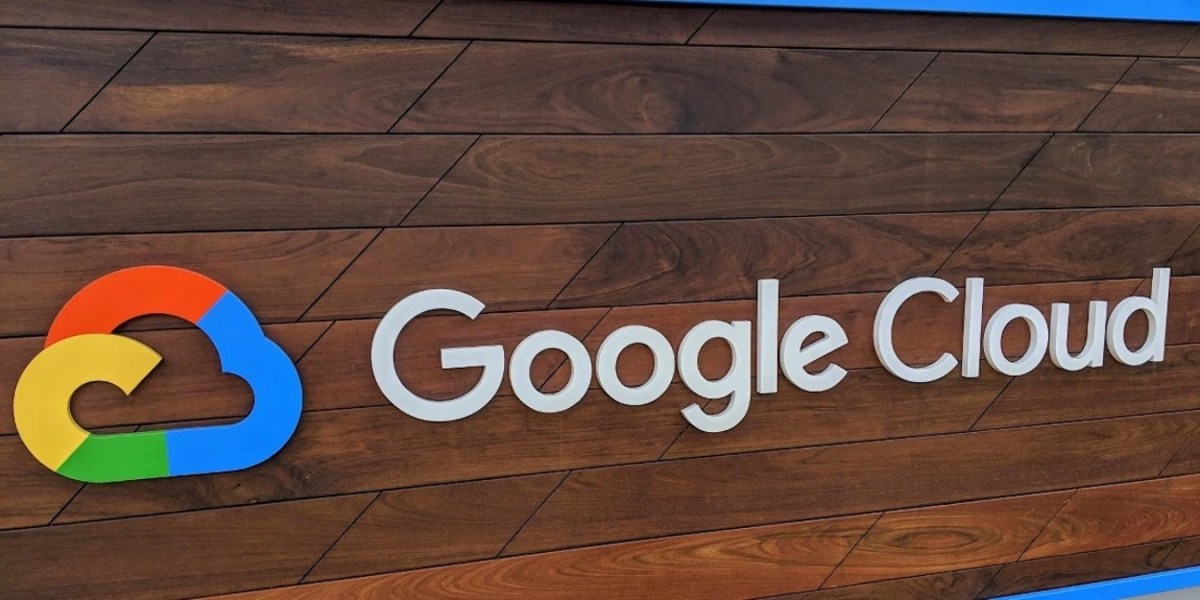
VentureBeat presents: AI Unleashed – An exclusive executive event for enterprise data leaders. Network and learn with industry peers. Learn More
Intellectual property (IP) infringement is a big concern with generative AI, which is built on reams of previously-published material.
While many enterprises are exploring the technology and looking to integrate it into their products, this can often cause hesitancy. If they use a vendor’s platform and it triggers a copyright claim, who’s responsible?
Google Cloud is one of the latest large enterprises to address this issue as a means to help alleviate such trepidation: The company has pledged to indemnify users against infringement, saying it has a “shared fate” with its customers.
“If you are challenged on copyright grounds, we will assume responsibility for the potential legal risks involved,” Neal Suggs, VP of legal for Google Cloud and Phil Venables, CISO for Google Cloud, said in an announcement made yesterday.
Event
AI Unleashed
An exclusive invite-only evening of insights and networking, designed for senior enterprise executives overseeing data stacks and strategies.
Addressing ‘justifiable concerns’
IP and copyright issues continue to mount as more companies incorporate gen AI, which is powered by large language models (LLMs) trained on data and material from the internet, published works, images and other proprietary content.
Prominent authors — including John Grisham, Jodi Picoult and Sarah Silverman — have already filed lawsuits against OpenAI and Meta, alleging they have infringed on their IP. The U.S. Copyright Office has also opened public comment to help determine such factors as use of copyrighted work to train AI models; how copyright liability will work with AI; the treatment of gen AI outputs that imitate human artists’ identity or style; and the copyrightability of material generated using AI.
Google Cloud’s commitment comes after similar pledges from Microsoft, Adobe and Canva, among others. These companies are seeking to promote use of their products and stimulate innovation by assuring users they won’t become unintentional targets of infringement claims.
Google Cloud — which embedded its always-on AI assistant Duet AI into its products in May — noted that customers may be “justifiably concerned” about copyright risks with gen AI. With its announcement, the company vows to be “partners on a journey of shared innovation, shared support and shared fate.”
The company said this approach is “imperative” in the developing world of gen AI. It has also committed to maintain ongoing dialogues with customers about specific use cases.
A two-pronged approach
To deliver on its promise, Google Cloud will employ a “two-pronged, industry-first approach”: first around its use of training data; second concerning its foundation model output.
The training data indemnity covers any allegations that Google’s use of data for training its LLMs and gen AI models infringes on third-party IP, according to the company.
The second indemnity applies to allegations that generated output infringes on third-party IP. Generated output refers to content created by customers in response to prompts or other inputs to Google services.
This commitment covers Duet AI in Google Workspace, including generated text in Google Docs and Gmail and generated images in Google Slides and Google Meet. It also applies to a range of products across the Vertex AI portfolio.
Google Cloud cautions, however, that these indemnities are only effective if customers are following responsible AI practices.
“You as a customer also have a part to play,” Suggs and Venables emphasize in their announcement, noting that indemnities are void if companies intentionally create or use generated output to infringe on IP.
Balanced, practical coverage
Google Cloud asserts that this two-pronged approach provides “balanced, practical coverage” for potential claims. Customers will automatically receive the benefits without the need to amend their existing agreement.
“You can expect Google Cloud to cover claims…made against your company, regardless of whether they stem from the generated output or Google’s use of training data to create our generative AI models,” the company said.
Executives noted that this is “just the first step” and that the company will continue to support customers in the safe and secure use of its products as gen AI continues its rapid evolution.
“With protections like these, we hope to give you the assurance you need to get the best out of generative AI for your business,” the company said.
VentureBeat’s mission is to be a digital town square for technical decision-makers to gain knowledge about transformative enterprise technology and transact. Discover our Briefings.





